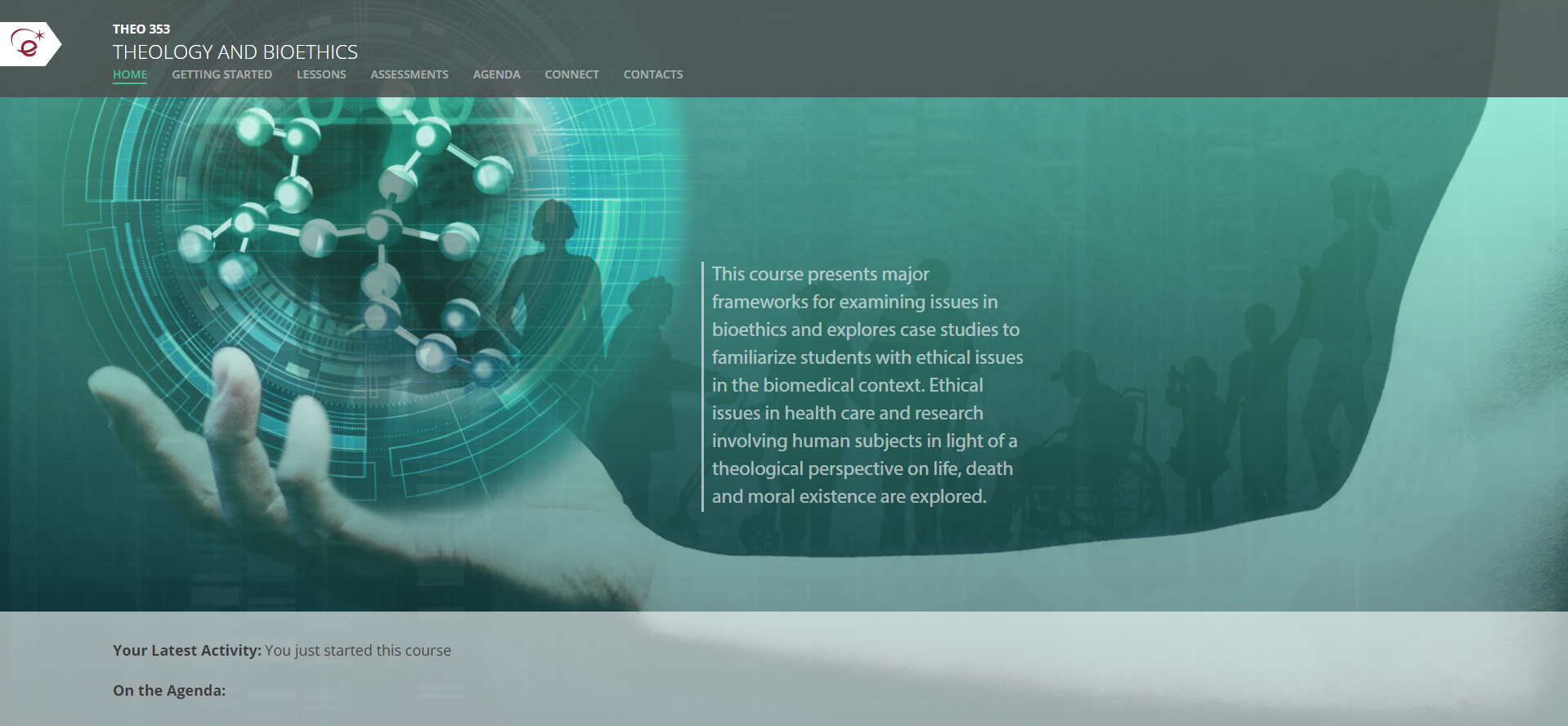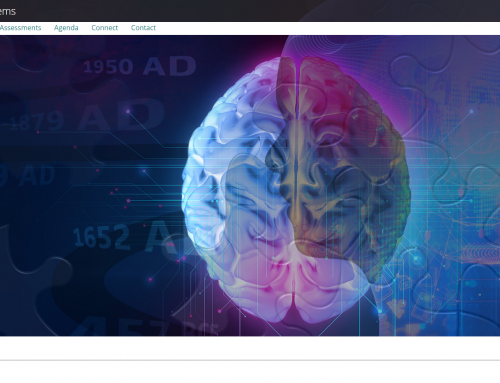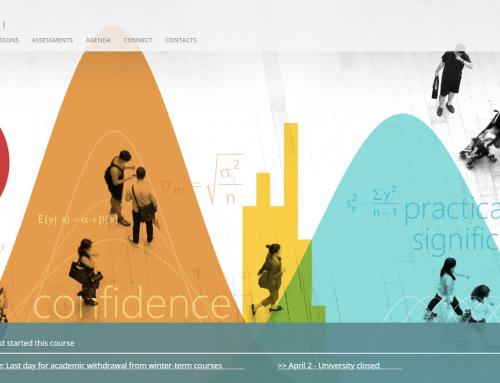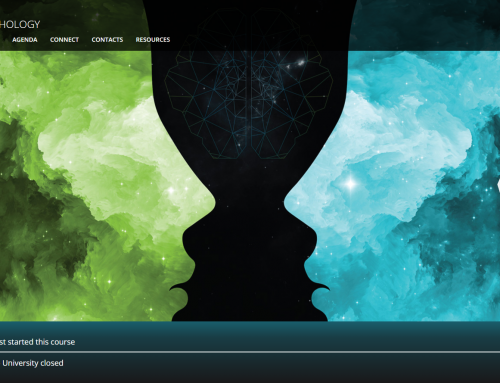Project Description
The course is divided into two parts.
PART ONE lays out some key definitions, establishing a basic understanding of ethics and bioethics, through concrete definitions and comparisons. We consider what theology contributes to 21st century bioethical deliberation. We need to understand the different ethical theories that have been developed over centuries of ethical deliberation. Thus, in Part One, we consider virtue ethics, rights-based ethics, duty-based ethics, consequence-based ethics, and care-based ethics. Of necessity, when dealing with bioethics, we must briefly consider the challenge of technology in our time. The main reason bioethics emerged as a discipline almost 60 years ago is because of the challenge of the advances and capabilities of science and technology. We must consider the tension technology creates in bioethics. Part One also introduces you to a basic framework for ethical deliberation.
PART TWO of the course deals with concrete issues in bioethics. In Part One, different methodologies were presented to think about ethical dilemmas. Part Two brings forward concrete ethical dilemmas that are difficult and challenging. We will explore these issues in a systematic manner and present the data to understand what is at stake. We will consider each issue through the framework of ethical deliberation that has been taught in Part One.





